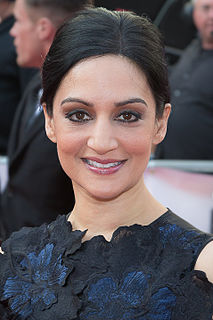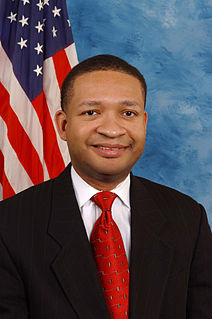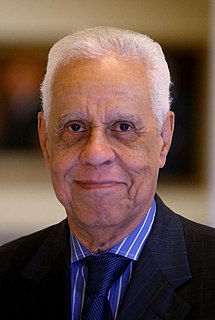A Quote by Harry Reid
Obama a ‘light-skinned’ African-American ‘with no Negro dialect, unless he wanted to have one.
Related Quotes
I use African-American, because I teach African Studies as well as African-American Studies, so it's easy, neat and convenient. But sometimes, when you're in a barber shop, somebody'll say, "Did you see what that Negro did?" A lot of people slip in and out of different terms effortlessly, and I don't think the thought police should be on patrol.
I find that people today tend to use them interchangeably. I use African-American, because I teach African Studies as well as African-American Studies, so it's easy, neat and convenient. But sometimes, when you're in a barber shop, somebody'll say, "Did you see what that Negro did?" A lot of people slip in and out of different terms effortlessly, and I don't think the thought police should be on patrol.
There were people who voted for Obama simply because he was the first African-American. We had a lot of people that would not have voted for Obama but who did because they really hoped that the nation, making the statement electing an African-American president, would prove once and for all that this is not a racist nation. I believe that there were all kinds of people that voted for Obama with that hope. That was the reason. Everything else was irrelevant to them.
With respect to Barack Obama, let's face it; Barack Obama is an iconic figure in the African-American community. We respect that. We understand that. African-Americans are going to vote for the first black president, especially when he happens to share the liberal politics on economic issues that many in that community hold.
This will play right into Obama's hands. He's humanitarian, compassionate. They'll use this to burnish their, shall we say, 'credibility' with the black community -- in the both light-skinned and dark-skinned black community in this country. It's made-to-order for them. That's why he couldn't wait to get out there, could not wait to get out there.
This is a column collection, or as one colleague called it, "history in real time," recounting my perspective on the highs and lows of this presidency from an African-American perspective. More than simply a column collection, the book has a substantial introduction that frames the [Barack] Obama presidency, explores the way Obama was treated by the political establishment and also how this first black president treated "his" people. In the epilogue, I use numbers to tell the story of African-American gains and losses during this presidency.
Obama was elected in a flourish of promise that many in the African-American community believed would help not only to symbolize African-American progress since the Civil War and Civil Rights Acts but that his presidency would result in doors opening in the halls of power as had never been seen before by black America.































